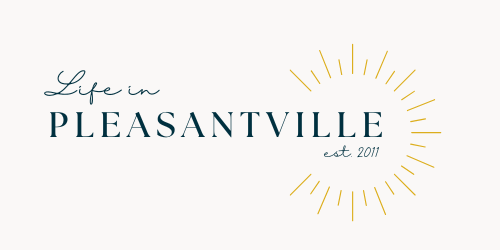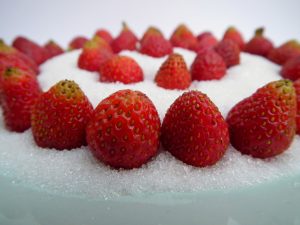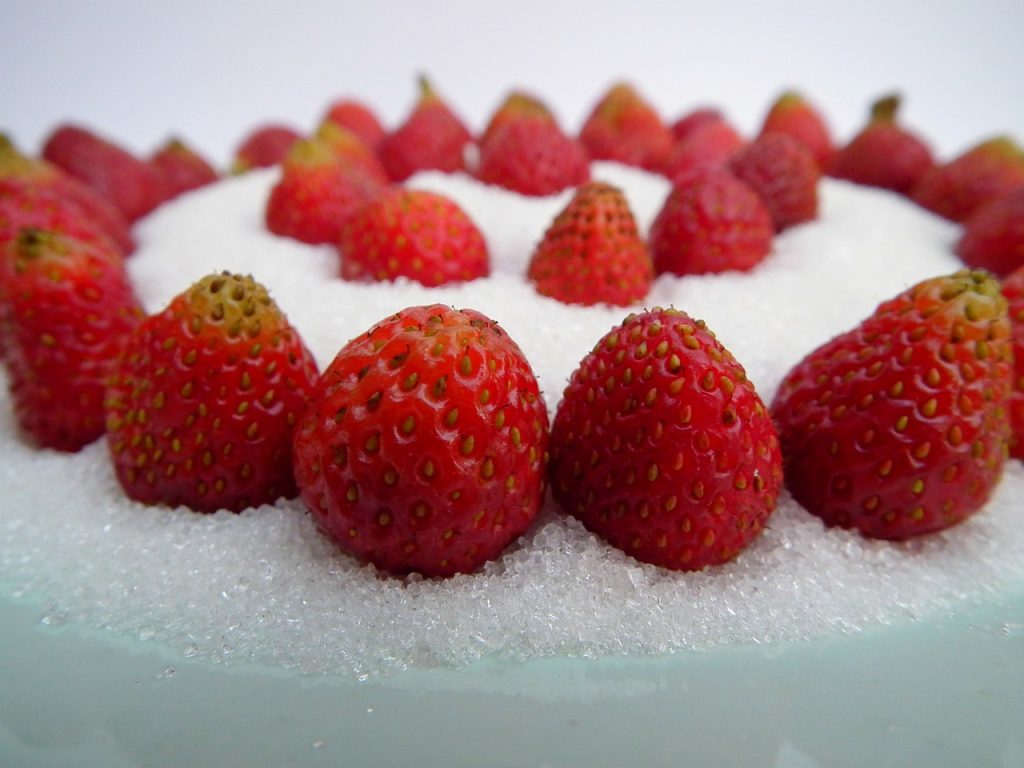If I were sugar, now would be the time to take cover and either start looking for a new job or find a safe way to retire. Maybe partnering with newer, better versions of sweetness would be worth investigation because, everywhere I would look, the future would be grim. I would see that my days were numbered as North Americans continue to reduce their consumption of soda pop, and governments crack down on how I am labelled. There is nowhere to go but down and out for sugar.
Even the healthy food icon store Whole Foods got splashed by allegedly renaming sugar as “evaporated cane juice” to disguise and mislabel the amounts of sugar in their yogurt. Soft drink manufacturers are finding “sugar free” ways to reformulate and branching off into other types of beverages to peddle. Everyone is removing sugar from their coffee, tea, and cereal topping choices and opting for honey, maple syrup, or raw sugar (ahem, evaporated cane juice).
There’s good reason for this. While the obesity crisis cannot be blamed on one lone culprit, sugar owns a lot of the blame. The required amount of sugar that a body needs each day is exactly zero. You do need the nutrients that come with it in its natural state like in blueberries or apples. Most grains, starchy vegetables (potatoes, corn, carrots) convert carbohydrates directly to glucose, which fuels your muscles and brain. However, since the sugar comes encased in trace amounts of fat, plus fibre, and vitamins that need a bit of work to get at, natural sugars are different. Your body is more effective at using the sugar (this is measured as the glycemic index) because it has to work to get at it.
We now see that in many foods sugar gives way to other sweeteners and If I were sugar, this may be where I would hide next. I would rebrand and encase myself with added fibre and “good fats” to be able to claim that I am low on the glycemic index. In the meantime, a few up and comers will steal some of sugar’s spotlight:
Xylitol
Xylitol contains only part of the sugar molecule and part of the alcohol with none of the fructose, and it gives this sweetener some edge over plain old sugar. It has the same sweet taste but only half of the calories and can boast that it’s low on the glycemic scale, so insulin levels don,t spike. Xylitol measures out like sugar so it’s great for baking and some science shows that it actually changes the nature of the chemistry in the mouth to reduce cavities. Be aware, though, that xylitol is toxic to dogs.
Stevia
This refined herb has been around for a while, but is just poking its nose into the food and beverages that we are so loathe to give up completely. It has no calories of its own so overall calories of food that it’s added to are reduced. It’s not all rosy for stevia, some science suggests that, much like aspartame, the sensation of sweetness on the tongue without any calories forthcoming, does not fool your body and it still goes looking for the extra calories.
Neotame
Recently (2002) approved for use by the FDA, it hasn’t found its use in foods just yet. It is made by the Aspartame people to be more effective as a sweetener at lower doses, but there may be decent reason why this one isn’t getting wide support.
Here is the catch. Every single sweetener has its downside and the goal always was, and still needs to be, reduction of all the foods that contain added sugars. Think about it, caramel macchiato and chocolate chip cookies are still extras regardless of how they are sweetened.
Image source: Pixabay



 9 Tips to Avoid the Back-To-School Money Pit
9 Tips to Avoid the Back-To-School Money Pit